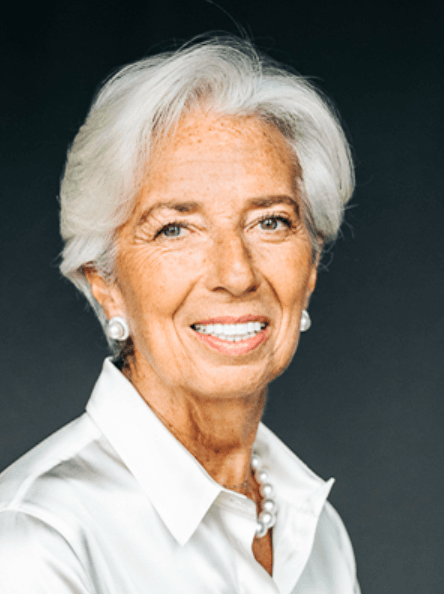Just like Batman and Robin are inseparable, cryptocurrencies are directly tied to traditional economics. No matter how much skeptics insist that cryptocurrencies are separate from the financial system, yet another piece of evidence proving the interconnectedness of traditional financial markets and cryptocurrencies is unfolding right before your eyes, folks.

The European Central Bank (ECB) and the Bank of Canada (BoC) have lowered interest rates, marking a significant shift in monetary policy. Lower rates can stimulate consumer spending, business investments, and crypto investments. Additionally, they have several implications for the entire cryptocurrency market.
Discover: New Research Proves Bitcoin Enthusiasts Are Not Psychopaths
The ECB lowered its key rate from 4% to 3.75%, which was anticipated by the markets despite ongoing inflationary pressures in the Eurozone. Meanwhile, the Bank of Canada reduced its key rate from 5% to 4.75%, becoming the first G7 country to do so in the current cycle.
ECB and BoC’s Rate Cut Strategies
The ECB’s decision, influenced by an updated inflation forecast, reflects the need to ease monetary policy after a period of steady rates. The latest ECB forecasts show a slight increase in inflation expectations for 2024 and 2025, with stability at 1.9% in 2026.
Based on the updated assessment of the inflation outlook, core inflation dynamics, and the strength of monetary policy transmission, it is now appropriate to ease the degree of monetary policy restriction after nine months of maintaining rates at the same level.
President Christine Lagarde

This rate cut is the first since September 2019 and follows a series of hikes that started later than those of other central banks, but now the ECB is leading the charge in cutting rates.
On the flip side, the Bank of Canada’s rate cut aims to ease the burden on heavily indebted consumers. Governor Tiff Macklem emphasized that future cuts will depend on continued downward trends in inflation.

The Governing Council is closely monitoring core inflation dynamics and remains focused on the balance between supply and demand in the economy, inflation expectations, wage growth, and corporate pricing behavior.
The Bank of Canada’s Governing Council Stated
However, the actions of both the ECB and the Bank of Canada come with a note of caution. Both institutions indicate that future cuts will be data-dependent, highlighting a careful approach amid uncertain economic conditions. Economists suggest that the ECB may wait until September for the next cut, while the Bank of Canada could take action again in July.
How Rate Cuts May Shake Up the Crypto World
Cheaper borrowing boosts spending and investment
Lower interest rates generally reduce borrowing costs, encouraging both consumer spending and business investments. This increased liquidity can drive investments into high-yield assets, including cryptocurrencies.ʼ
Traditional savings yields drive investors to riskier assets
Lower yields on traditional savings can push investors toward riskier assets like cryptocurrencies. When safer investments offer lower returns, the lure of higher yields in the crypto market becomes more attractive.
Rate cuts can inflate crypto prices
Moreover, lower rates can lead to higher cryptocurrency prices. As safer investments provide lower returns, investors often seek higher yields in the crypto market. This shift can increase demand for digital assets, potentially boosting their value.
The rate cut marks a significant shift in monetary policy, one that has rippled through the crypto market. With cheaper borrowing costs, both consumers and businesses are more likely to spend and invest, potentially driving up the value of high-yield assets like cryptocurrencies. Despite the skeptics’ best efforts to argue otherwise, the latest moves by the ECB and the Bank of Canada prove just how interconnected these worlds are.
More Info:
- Runes Launch: Bitcoin’s New Token Standard Shakes Up the Crypto Market
- Biden’s New Law Grants Extra Spying Power to Government Agencies
- Binance Repression in Nigeria is a Threat to Web3
Disclaimer: All materials on this site are for informational purposes only. None of the material should be interpreted as investment advice. Please note that despite the nature of much of the material created and hosted on this website, HODL FM is not a financial reference resource and the opinions of authors and other contributors are their own and should not be taken as financial advice. If you require advice of this sort, HODL FM strongly recommends contacting a qualified industry professional.




